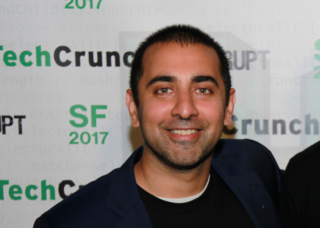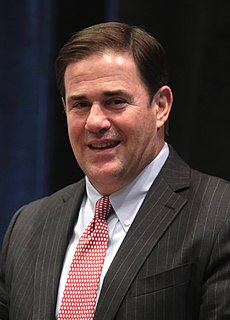A Quote by Ryan Bethencourt
We're at the beginning of the digitization and automation of biotech.
Quote Topics
Related Quotes
By 2018, automation is going to be in full swing in the United States and around the world. There are estimates that it could replace 50 percent of our jobs. That is an enormous shift. But even if we go through a phase where we have an unemployment valley from automation, there will be new jobs and new things for us to do.
For the blue-collar worker, the driving force behind change was factory automation using programmable machine tools. For the office worker, it's office automation using computer technology: enterprise-resource-planning systems, groupware, intranets, extranets, expert systems, the Web, and e-commerce.
U.S. labor leaders will realize that automation can multiply man's wealth far more rapidly than it is multiplying at present and that automation will leave all men free to search and research... Realizing the direct competition with foreign industry on a straight labor basis will mean swiftly decreasing wages per hour and longer hours and decreasing buying power of the public.




































